“I feel guilty even talking about him like this,” my client said, almost 45 minutes into the session, “He doesn’t really hit me or yell at me, and yet I am here complaining about how difficult it is to stay with him. Am I the problem?” she asked, her eyes welling with tears of guilt and helplessness.
It took me three sessions and a lot of exercise with her before I could explain to her that what she was going through was silent treatment abuse and that she was in an abusive relationship. It was difficult for her to fathom that going quiet or giving the cold shoulder was her partner’s way of arm-twisting her and inflicting her with emotional abuse. To her, and many others, it is difficult to associate abuse with silence.
The very idea of silent treatment being a form of emotional abuse raises a host of questions in people’s minds. Isn’t silence one of the best ways to resolve conflicts? Shouldn’t people actually step back and go quiet instead of resorting to screams and tantrums, fights, and cries? How is it abusive if there is no physical violence or cruel, piercing allegations?
Well, not actually. Silent treatment abuse is when a person uses silent treatment as a form of abuse to control and punish partners in romantic relationships, and in such cases, silence is not a step to resolve conflicts but to ‘win’ one. To shed more light on the intricacies of this sly manipulation technique, communication coach Swaty Prakash (PG Diploma in Counseling and Family Therapy), who also specializes in addressing issues in couple relationships, writes about silent treatment abuse and how to identify and deal with it.
What Exactly Is Silent Treatment Abuse
Table of Contents
Imagine becoming invisible to your partner for a day. Imagine being around them without being noticed, heard, talked to, or acknowledged. You ask them a question and all you get in response is silence. You stay under the same roof and yet they walk past you as if you don’t exist. They talk to everyone around, crack jokes, and ask about their day or whereabouts while you tail them like shadows, without them even sparing a glance at you.
This is silent treatment abuse, a type of emotional abuse. You stop existing for the partner and this continues till you end up either apologizing (irrespective of who is at fault) or agreeing to whatever their demands are. They ghost you till you have stepped within the boundaries they have set for you.
Related Reading: How To Deal With Being Ignored By Someone You Love?
The Psychology Of Silent Treatment Abuse
It is quite normal for people to take time off after a fight and resort to staying silent to avoid or further escalate an already heated argument. Counselors often recommend the ‘space out’ technique in case partners seem to be getting into an argument or conflict at the drop of the hat. Stepping out of the ‘heated zone’ to cool off is one of the better ways to introspect, analyze, understand and seek solutions.
While physical violence or mouthing hurtful, cruel words can cause long-lasting damage to a relationship, sometimes partners use silence to manipulate the other partner or emotionally blackmail them into giving in, and this could be a sign of emotional abuse. I have had clients who complain, “My husband yells at me. He inflicts pain and there is sometimes immediate danger from his anger too.”
There is no doubt that such behavior is a red flag but sometimes domestic violence or verbal abuse is not the only way one partner inflicts pain on the other. Silence can be just as potent a tool. When every second fight seems to steer in this direction and silence becomes a manipulative tool, it is time to look deeper and see if it is the silent treatment abuse and if you are in an abusive relationship.
Related Reading: 20 Signs You Are In An Emotionally Abusive Relationship
Why People Resort To Silent Treatment Abuse
The silent treatment is abuse when you are being punished with silence and can entail shunning, social isolation, and stonewalling – each of these terms is defined with different nuances but the underlying thread that combines them all is ‘complete refusal to communicate with the other person’ and subjecting them to emotional abuse.
Sometimes, people resort to reactive abuse too, which is a manipulative tactic that places blame for the abuse on the abused. You may wonder why people resort to such behavior and what exactly goes in their minds that makes them believe that stonewalling an individual is a way to resolve conflicts and arguments. Here are some plausible reasons:
- A play for power: When people weaponize silence, it often stems from a need to feel powerful. In reality, it comes from a place of powerlessness, and silent treatment seems a useful tactic to manipulate the partner
- It seems harmless: The silent treatment is abuse and such emotional abuse makes people feel like they are doing no wrong. To their own selves as well as to others, they exert enough pain and power without ‘looking’ abusive at all
- Conflict-avoidant personality: Passive personality types, who find arguments and upfront dealings a challenge often resort to silent treatment abuse as the act serves the purpose without them being in a difficult position. They may opt for reactive abuse and use gaslighting to rewrite the entire narrative and become the victim in their stories
- Learned behavior: Research reveals that many times, individuals who were given silent treatment abuse by parents during their growing up years resort to it even in their adult relationships
Related Reading: Power Struggle In Relationships – The Right Way To Deal With It
How Does Silent Treatment Abuse Impact The Receiver
All of us have been victims and guilty of using words that have somehow hurt others. Words are known for their cruel manifestations. Anger, disappointment, cruelty – everything can be enveloped in one with mean, hurtful words, and verbal abuse. Counselors have often noticed that when a client says something like, “My husband yells at me”, there is a sense of validation in their statement. They feel that their abuse is tangible and the bruises are proof that they need help.
However, ask someone who has been at the receiving end of the silent treatment, and they will tell you how this form of emotional abuse tears one apart and into shreds. Research shows that being ostracized, and ignored has distressing effects on individuals. The deafening silence and the feeling that you don’t exist anymore to the one person you care for stifles the receiver’s self-esteem and even manifests into physical pain sometimes.
Someone who is being given silent treatment as a form of abuse feels like they are in an emotional quicksand and as hard as they may try to get out of the situation, they sink and suffocate further. Being neglected in a relationship is much worse, if not equally bad, than being in a shouting match with a partner. Here are some of its ramifications:
- No less abusive than physical violence: Medical reviewers, in a study, confirm that silent treatment provokes a response in its victims similar to physical violence and the areas in the brain that are known to interpret emotion and pain are as much active in silent treatment abuse as in the instances of physical abuse
- Bruised self-esteem: When someone is given the silent treatment, they might end up with bruised self-esteem and a nagging feeling of guilt. Since the partner goes all quiet, the victim plays the devil’s advocate accusing their selves of being responsible for the conflict
- On a guilt trip: A sense of guilt often paralyzes the mental health of the victim. They often end up blaming themselves for the issues, which in reality they have no control over
- Low self-worth: Victims of silent treatment abuse often end up with low self-worth. Peer-reviewed studies and research have revealed that people who received silent treatment experienced a threat to their needs of “belonging, self-esteem, control and meaningful existence”
Related Reading: Signs Of An Abusive Relationship: Emotionally, Verbally, Mentally
What Are The Signs That Silent Treatment Has Turned Abusive
How do you know if you are being abused through silent treatment? Well, there are quite a few red flags and one can know if one is being subjected to silent treatment abuse if:
- The silence is not to cool off a situation but to hurt the partner
- The silence lasts days and is often becoming a trend
- One partner gets to decide when the silent treatment ends. The other partner has no say, a clear sign that there is lack of respect in the relationship, and this pattern is slowly eating into their mental health
- The silent treatment is only directed to one person while all other communications continue normally
- The silent treatment is being used to make the other person ‘understand their fault’ or ‘apologize’
- The silent treatment is being used as an emotionally manipulative technique and leads to immense emotional pain for the victim
Related Reading: 4 Signs Of An Unequal Relationship And 7 Expert Tips To Foster Equality In A Relationship
7 Expert-Backed Tips To Deal With Silent Treatment Abuse
There is no harm in saying, “I don’t want to talk about this issue right now” or “I think I need some space. I cannot deal with it right now.” However, when the statement is or means, “I won’t talk to you till you understand that you are the problem” or “You better change or stay away from me” it sure spells trouble. Remember once you have realized that you are a victim, it is important to know how to deal with silent treatment abuse.
In such cases when the abuser is using the silent treatment to punish the partner and exert control in an intimate relationship, it’s vital to seek ways to deal with silent treatment abuse instead of indulging in self-sabotaging in the relationship. If you sense such abuse from your partner, step up (and maybe step aside too) and use these tips to counter such behavior which has been backed by research and recommended by mental health professionals.
1. Regulate your emotions
As soon as the silent treatment spirals into abuse and to exert control, stop your emotions from guilt-tripping you. For starters, tell yourself that the silent treatment is more about them than you. It is not your fault if they are not communicating with you. It is not your fault if they think giving the cold shoulder will eventually arm-twist you into giving in even if you aren’t at fault.
2. Call them out
People using silent treatment as a form of abuse are often passive-aggressive in their behavior and avoid direct communication or confrontation. To them, such trespassing is an easier solution and it doesn’t make them the bad guy either.
So the best way to deal with them is by calling them out and naming the situation.
Ask them, “I see that you are not talking to me. What is the problem?”
Confront them, “What is bothering you? Why are you not replying/talking?”
Make sure when you ask them such questions, you don’t put yourself in a questionable state. For example, don’t say, “Why aren’t you talking? Did I do something?” Such leading questions will make it very easy for them to put the entire blame on you and make you feel guilty. Remember tip one: Don’t be on a guilt trip.
Related Reading: Understanding The Dynamics Of Abuse In A Relationship
3. Communicate your feelings
Communication is what they want to avoid through silent treatment and communication is how you can end such kind of abuse. So, talk to them and communicate your feelings. Remember to use ‘I’ statements instead of making it yet another heated argument on who did what! Instead of saying, “You make me feel so lonely and ignored” or “Why are you making me feel like this?” try talking about how you are feeling. For example, say “I feel lonely and depressed in our marriage since you are not talking to me.” “I am frustrated because we are not even talking.”
4. Encourage them to talk
Most of the people who use silent treatment abuse are bad communicators. They cannot express their feelings most of the time and so one of the best ways to resolve such situations is through communication. Ask them how they are feeling, acknowledge their voice, and if need be, handhold them to an open conversation. That is the healthy way to resolve conflict and a healthy choice to safeguard your self-worth too.
If you can pave the way for such a conversation successfully, be active and empathetic when they talk. Have you heard about how little steps can sometimes make huge differences? Well, this is that small step in figuring out how to deal with silent treatment abuse!
Related Reading: 9 Silent Red Flags In A Relationship No One Talks About
5. Know when to apologize
It is good to introspect and look at our actions and words instead of just focusing on the other person’s mistakes. If your partner is using the silent treatment, it surely should not be tolerated, but make sure you haven’t wronged them either. In case you realize that some of your actions or words were unwarranted and could have been hurtful, you should know when and how to apologize.
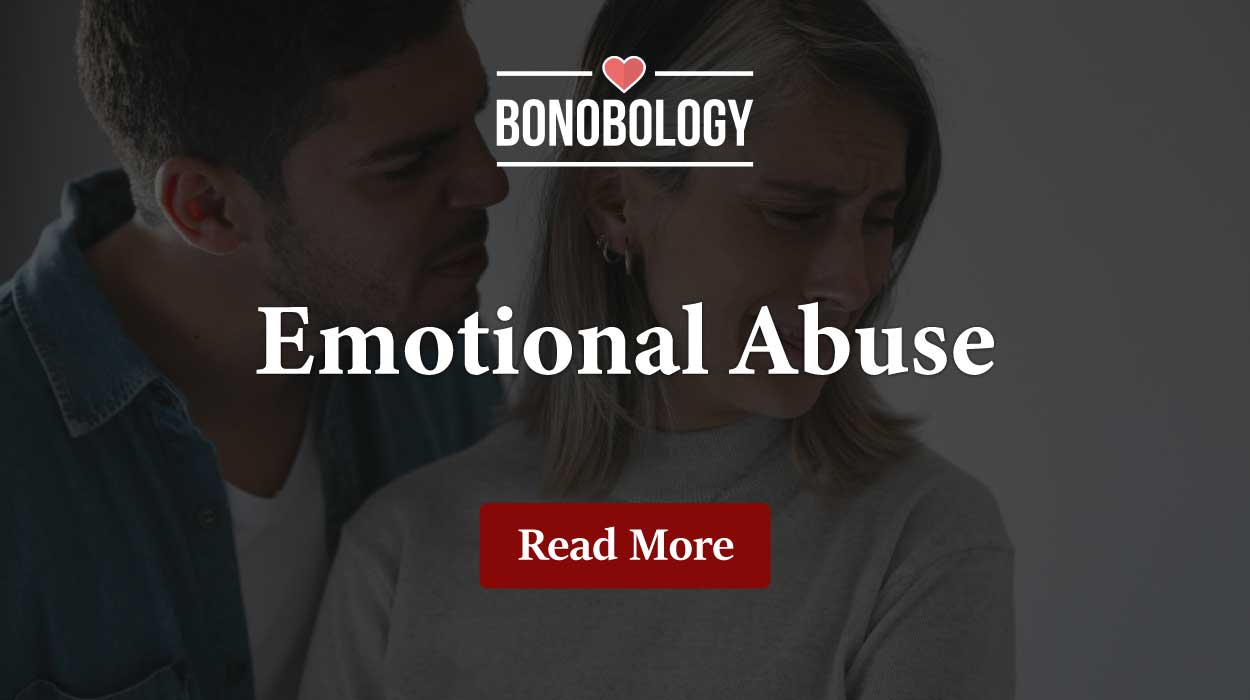
6. Set boundaries and make time to resolve the issue
Sometimes, ‘now’ is not the best time to resolve an issue. If you sense too much tension between the two of you or you sense that talking may make matters worse, step back and give yourselves the cool-off time to stop the cycle of fighting. This ‘time out’ technique can be immensely helpful when you suspect there is a chance that discussions can escalate to arguments.
7. Know when to call it quits
Abuse in any form should be unacceptable. So if nothing seems to be working or if the frequency of your partner using the silent treatment is high, don’t just step back from the argument but also step back from the relationship. Talk to a mental health professional and seek advice.
Don’t let someone else’s garbed abuse and problematic behavior ruin your life. Abuse, be it through actions, words, physical pain, or terrifying silence, is still abuse and causes immense emotional trauma. There are national domestic violence hotline numbers that you can dial to seek help too. Explain your situation well, tell them that you are facing domestic violence, and don’t feel guilty about calling your partner out for their behavior.
Related Reading: Is It Better To Divorce Or Stay Unhappily Married? Expert Verdict
Key Pointers
- Silent treatment abuse is when a person uses silence to emotionally torture or punish a partner in a relationship.
- Sufferers often don’t realize that they are being abused and often end up feeling guilty and confused.
- People resorting to silent treatment abuse generally exhibit passive-aggressive behavior and avoid confrontations and conflicts
- It is important for the sufferer to talk and communicate their feeling and if need be, the victim should seek professional help .
Like all the other definitions and norms, we have put ‘abuse’ in a box with dimensions that are neither malleable nor fluid. This norm-laden box only includes verbal abuse, immediate danger, physical pain, and certain behaviors, and unfortunately, this norm rules the mindset of both the accused and the victim.
So, when a silent person inflicts pain and tortures the other person in a romantic relationship with ice-cold silence and indifference, it makes one partner feel miserable and guilty. But because the victim doesn’t know how to respond to silent treatment and the silence doesn’t fit in any definition of ‘abuse’ the sufferer ironically suffers this silence in silence.
In case you are being stifled with such treatment quite regularly, put that foot down and seek help. If you are totally clueless, the expert advice listed here is easy to implement and we have witnessed that such small changes have worked well in conflict management. Call the national domestic violence hotline or get in touch with any other mental health professional. Remember that there is a sea of help waiting for you to ask for it, so let it be your anchor, and don’t suffer in silence.
Relationship Bully – What Is It And 5 Signs You Are A Victim
How To Watch Out For The Relationship Red Flags – Expert Tells You
Your contribution does not constitute a charitable donation. It will allow Bonobology to continue bringing you new and up-to-date information in our pursuit of helping anyone in the world to learn how to do anything.

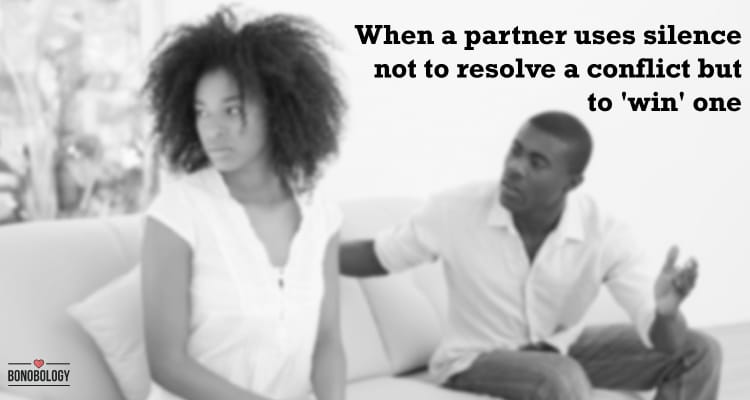


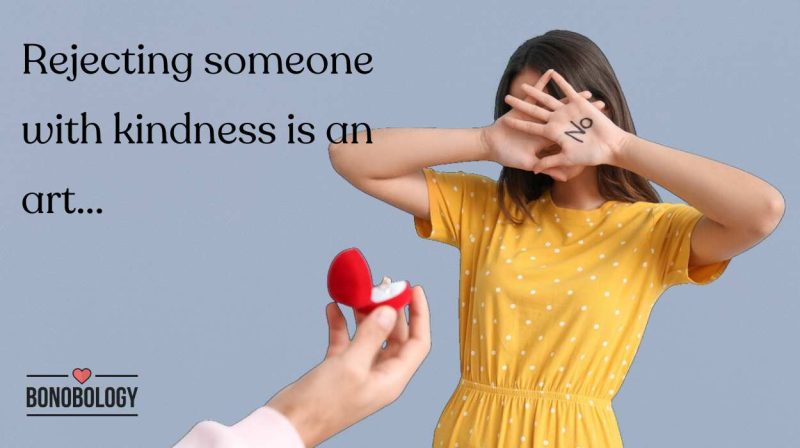
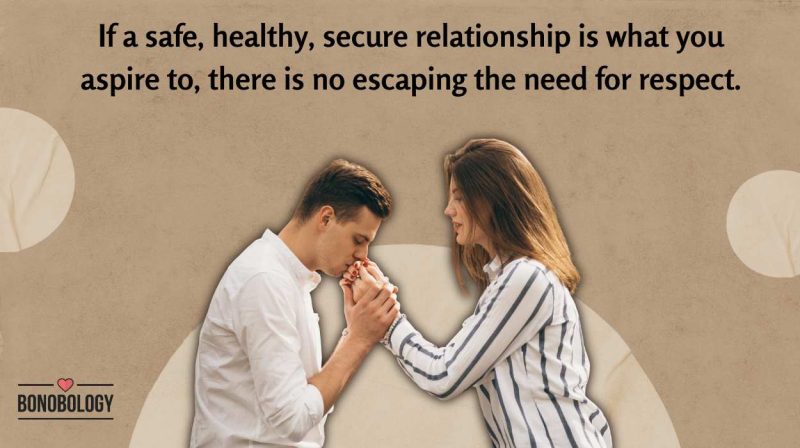

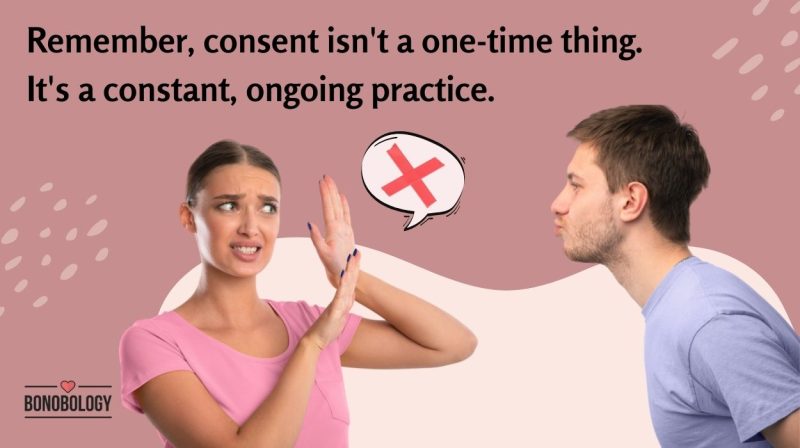

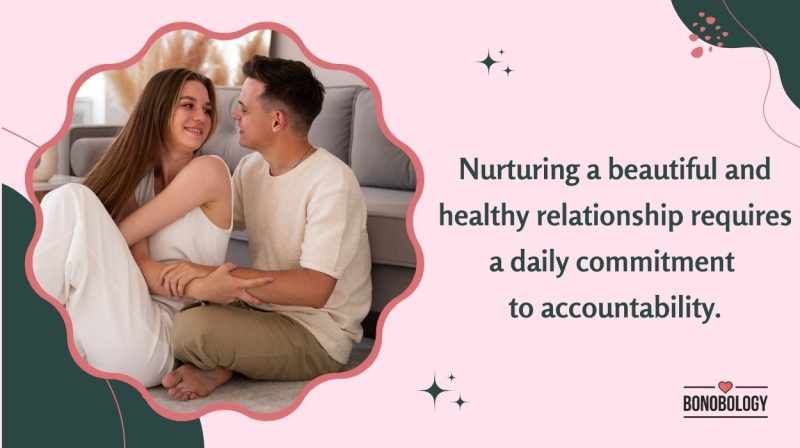






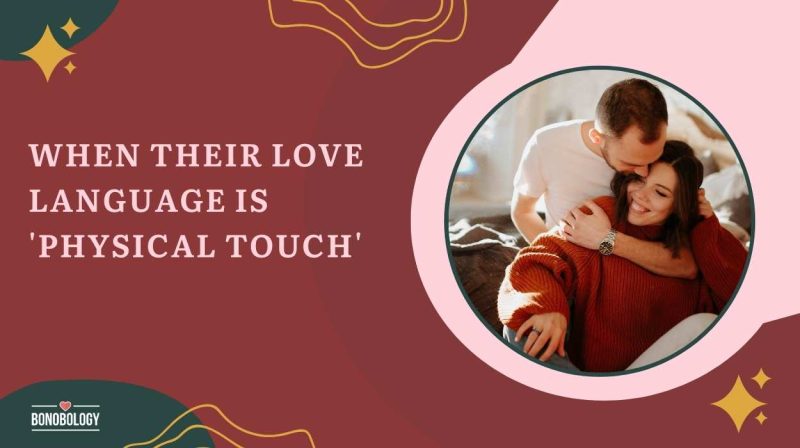
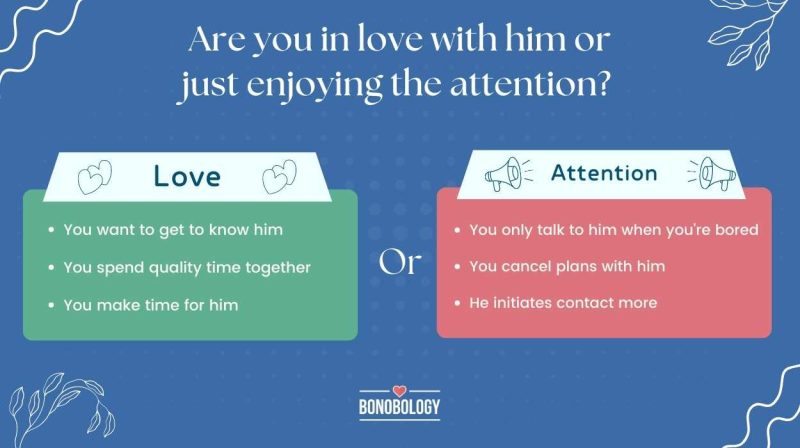
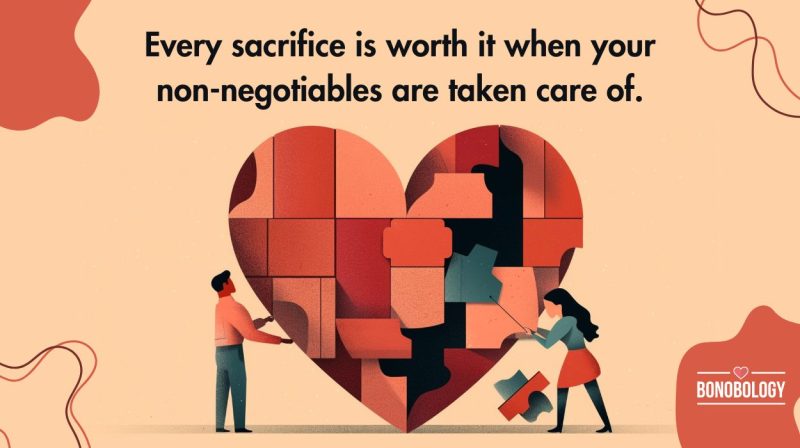
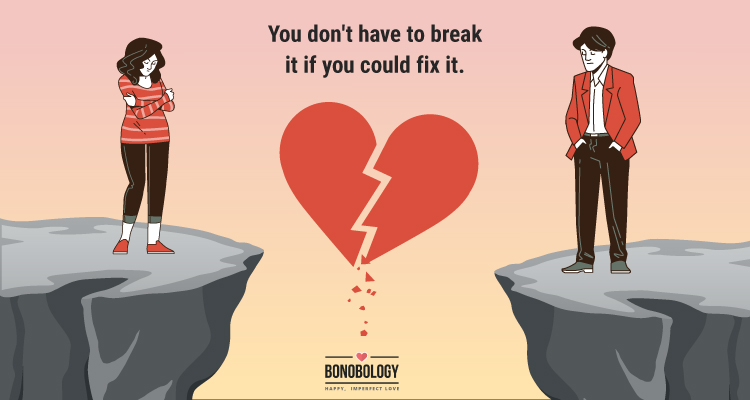
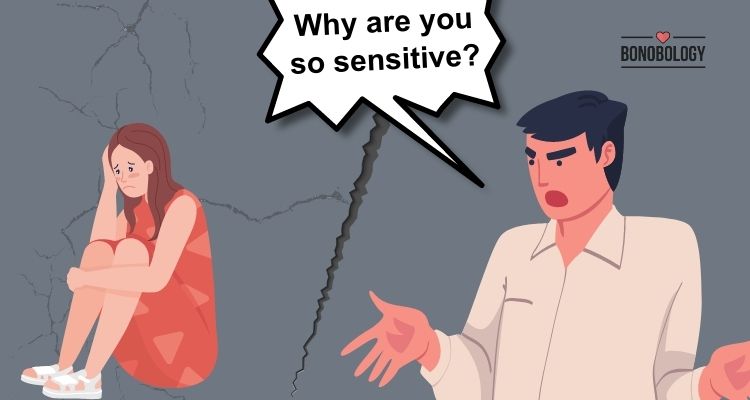

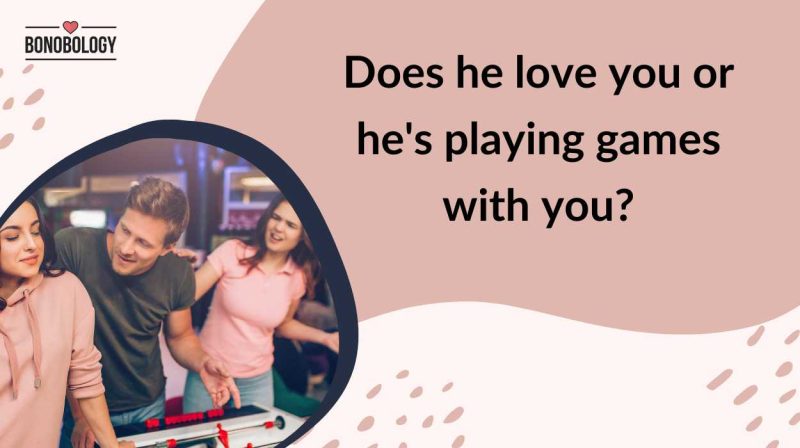
Featured
How He Treats You Is How He Feels About You — Is It True?
How To Let Someone Down Easy With Kindness And Grace — 13 Tips
How To Show Respect In A Relationship — 9 Ways
The Pitfalls Of Nice Guy Syndrome: How It Affects Relationships
Navigating The Complexities Of Consent In Modern Relationships
11 Ways To Deal With A Sexually Demanding Husband
Accountability In Relationships – Meaning, Importance, And Ways To Practice
How To Apologize To Your Boyfriend: 15 Ways
10 Thought-Provoking Relationship Check-In Questions for Deeper Connection
Is A Monogamous Relationship Right For You? 11 Questions To Help You Find Out
10 Signs You Are In A Truly Stable Relationship (Even If You Feel Otherwise)
7 Subtle Signs Your Partner is Quiet Quitting Your Relationship
Secure Relationships – What Are They And What Do They Look Like?
Physical Touch Love Language: What It Means With Examples
Do I Like Him Or The Attention? Ways To Find Out The Truth
17 Non-Negotiables In Relationships You Must Never Compromise On
15 Ways To Solve Relationship Problems Without Breaking Up
9 Common Narcissist Gaslighting Examples We Hope You Never Hear
The Most Important 7 Qualities Of A Healthy Relationship
15 Early Signs He Is A Player And Isn’t Serious About You